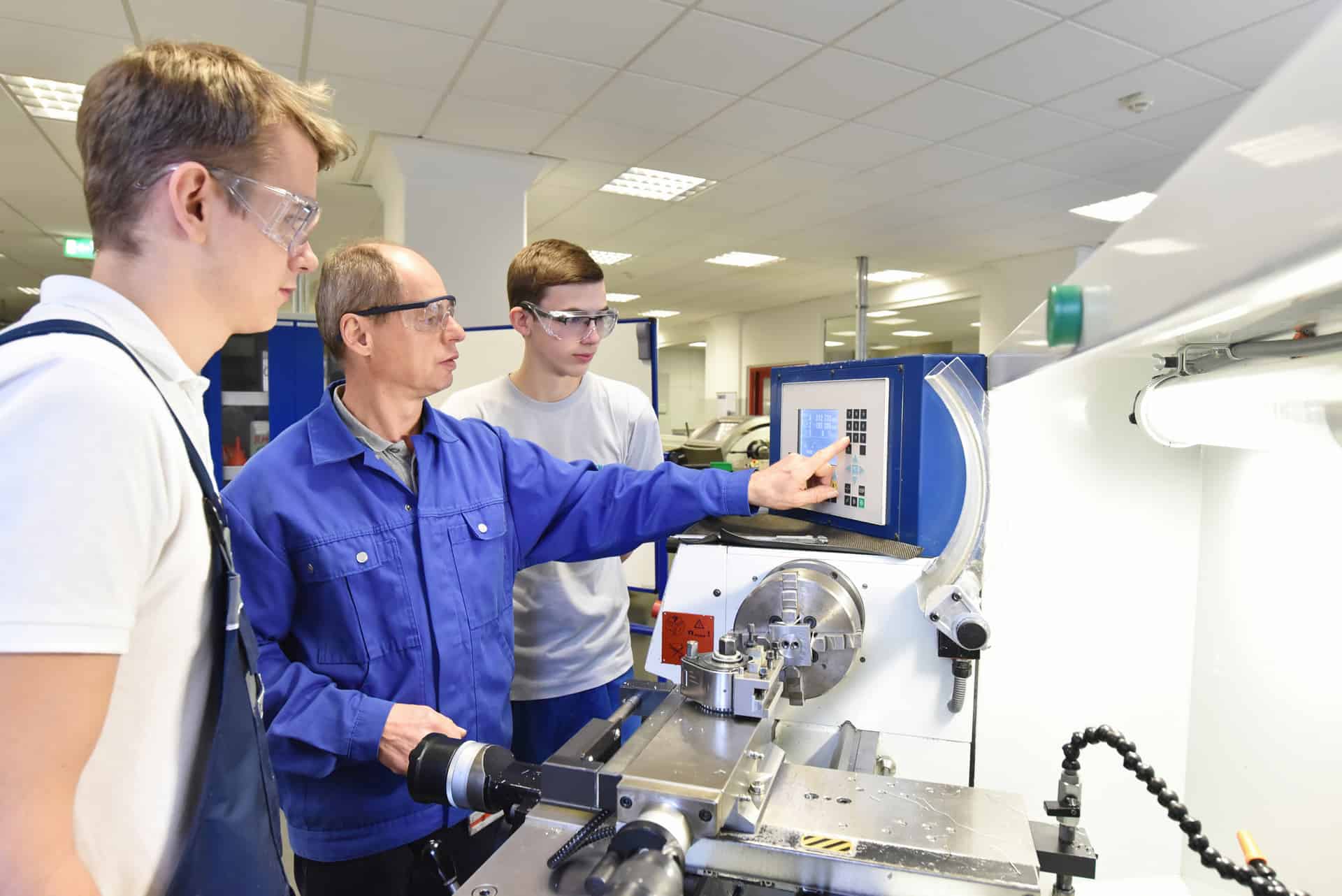
During the process of compound analysis, a material is examined for the presence or quality of a particular element or compound. Rubber compound testing helps determine the characteristics and chemical makeup of your rubber sample, including viscosity, scorching, and vulcanization.
Thorough testing of compounds and chemicals provides important information for chemical problem solving, supporting research and development, and ensuring the quality of the product for its end user.
Since material properties, like elasticity, can change during vulcanization and other processing steps, knowledge of your compound’s polymer type is an essential step. This information can inform end use applications and competitive benchmarking.
Without rubber compound testing, there is a risk that rubber products may not meet industry standards or customer expectations. These consequences are inconvenient at best. At worst, they can be dangerous in many applications.
Rubber compound testing often requires a broad variety of analytical test methods. This allows us to achieve a total picture of the chemical structures of a sample. When you understand these factors, you can take a greater strategic approach to product development, research, problem solving, and quality control. In other words, when you perform thorough compound testing on a rubber sample, you pave the way for more innovation and more customer satisfaction for your company.
Read on to learn more about the reasons compound analysis is so important when producing quality rubber products.
Meet Regulations & Match Consumer Expectations
When you know your product complies with regulations, you also know that it will meet the expectations of consumers when it reaches the market. Compound testing makes sure the rubber in your tires is fit for the road, or your silicone tubing is watertight and fit for wet applications. Compound testing helps you gain a reputation for quality and reliability among your consumers.
Show Breakdowns & Potential Issues
It’s important to potential problems early when analyzing a material compound. Discovering breakdowns or issues later on in the production process—or worse, after the product has gone to market—can be costly or dangerous.
Test compounds early. This avoids expensive setbacks. ACE can design testing processes to target common issues with your material with your industry and end user in mind. Then, we’ll put your material sample through rigorous rounds of compound testing to ensure it’s ready for its job.
Then you can move forward with production plans with the assurance that your material sample is free from elemental and compound problems.

Help Find Better Compound Solution
Compound analysis is one of the most efficient and direct methods for problem solving. If one of your materials is not performing the way you want it to, look to rubber compound testing to find a better solution.
Compound analysis identifies specific compounds or elements in your material sample. With this information, you can use it to isolate variables and experiment with different compounds and elements. For example, a rubber testing lab like ACE will work with you to test the performance and durability of a material sample containing different amounts of a compound to determine the optimal amount. Or, you can repeat the process with different compounds to determine the optimal compound.
Thorough analysis performed by a trustworthy lab that can provide repeatable test results can change the way you innovate.
ACE Laboratories
Want to know what course of testing is best for your needs? We’re happy to discuss your challenges and setbacks so we can work together to surpass them. Or tell us your next goal, and we’ll customize a course of testing to get you there.
Learn more about ACE’s testing services.
In the news
A Guide to Cool Roof Systems
What Is a Cool Roof System? Traditionally, commercial and residential buildings alike have roofs made from dark materials, such as shingles and tiles. Dark roofing materials absorb more heat than lighter materials, and that heat is transferred to the building, which...
What Is FDA CFR 21 177.2600 and How Can I be Compliant?
The consumer goods industry is highly regulated, especially regarding food safety. If you’re making any kind of rubber or polymer part for machines that process food, you need to understand and comply with the FDA’s 21 CFR 177.2600 regulations. This standard is often...
